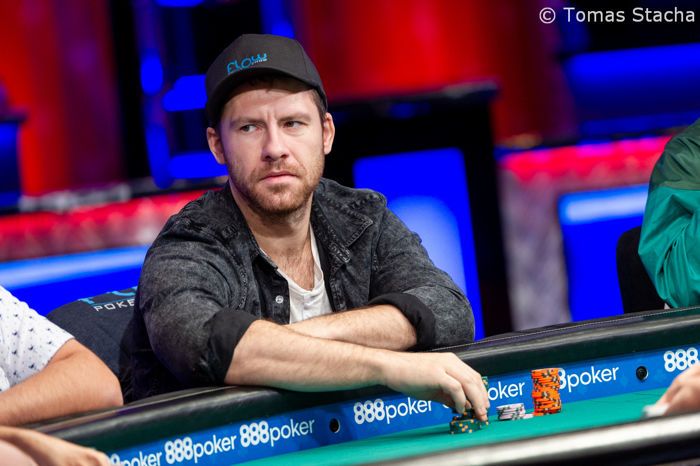
After the scandal was revealed through a series of serendipitous discoveries and an exhaustive investigative effort by members of the online poker community, the sites were compelled to pay millions in reparations to cheated players, and the story generated mainstream interest when 60 Minutes broadcast a segment on the scandal in December of 2008. The poker story arc of Jose “Girah” Macedo, once known as the “Portuguese Poker Prodigy,” is going to blow your mind. Multi-accounting is just one part of the 2011 poker cheating scandal involving Girah, Jungleman, and Haseeb “DogIsHead” Qureshi. The Rise of Girah. The high-stakes poker arena has been recently hit by cheating scandals. Dan Cates admitted to ghosting another account during a high-stakes online cash game in which Perkins was among the participants. The hedge fund manager exposed it on social media, saying it would make the Mike Postle scandal “look like church service”.
It’s often said there’s no smoke without fire and it seems Bill Perkins was onto something when he tweeted about a high-stakes poker scandal.
Daniel Cates has responded to allegations that he cheated in an online poker game. (Image: Wikipedia/888poker Spain)

Perkins himself refused to name names until he’d finished his investigation but Dan Bilzerian wasn’t as restrained. With the community eager to know what had happened and who was involved, Bilzerian called out Daniel Cates.

Jungleman quickly hit back with a tweet and has since followed up with his version of events. Posted in a Google doc, the open letter is part admission, part apology, and part revelation about certain aspects of online poker.
Undercover Actions Land Cates in Hot Water

The response was posted on May 27 and addresses the allegation that he cheated by using someone else’s account. At the heart of the matter is an account owned by “Sina Taleb.”
Although Perkins didn’t name Cates or Taleb in his original tweets, Bilzerian did. This forced Cates to defend his name.
“To be clear, I started playing with Sina (his last name is not Taleb, for the record) on May 8 and ultimately played very few sessions, none of which were against Dan Bilzerian as claimed,” Cates wrote.
With that point made, the American went on to explain how ghosting was “rampant” on the site. According to Cates, it was widely understood that pros were using other people’s account and that resulted in a “uniquely” high level of play.
“I thought, since many on the site were using pros to play for them at the time, it felt acceptable for me to be playing,” Cates continued.
That may be a revelation to the poker world at large, but the practice of ghosting isn’t new. Although it’s rarely made public, there have been times in the past where the curtain has been pulled back.
Another Poker Scandal Rocks Community
One of the most famous incidents involved Viktor Blom and Brain Hastings. In what became a highly-publicized online showdown, Hastings beat Blom out of more than $4 million.
Allegations after the fact suggested the Hastings had help from fellow pros Brian Townsend and Cole South. While that may or may not have happened, the allegations marred what was, otherwise, an impressive display of poker.
High-stakes games are often a law unto themselves. Because the playerpool is small, those involved are often happy to agree certain dynamics that might not suit the community as a whole. However, the issue of ghosting is one that’s universally frowned on.

Poker Ghosting Scandal News
Cates acknowledges that what he did was not only wrong but a bad look for poker pros.
“While I don’t think it’s fair that I’ve been singled out for something many were much more guilty of, I accept that as a role model for the poker community my punishment should be disproportionate compared to a normal player” Jungleman concluded.
The admission and apology may bring the matter to a close. However, there’s no doubt it will cast a shadow over Cates and, in turn, high-stakes games organized by poker’s elite.